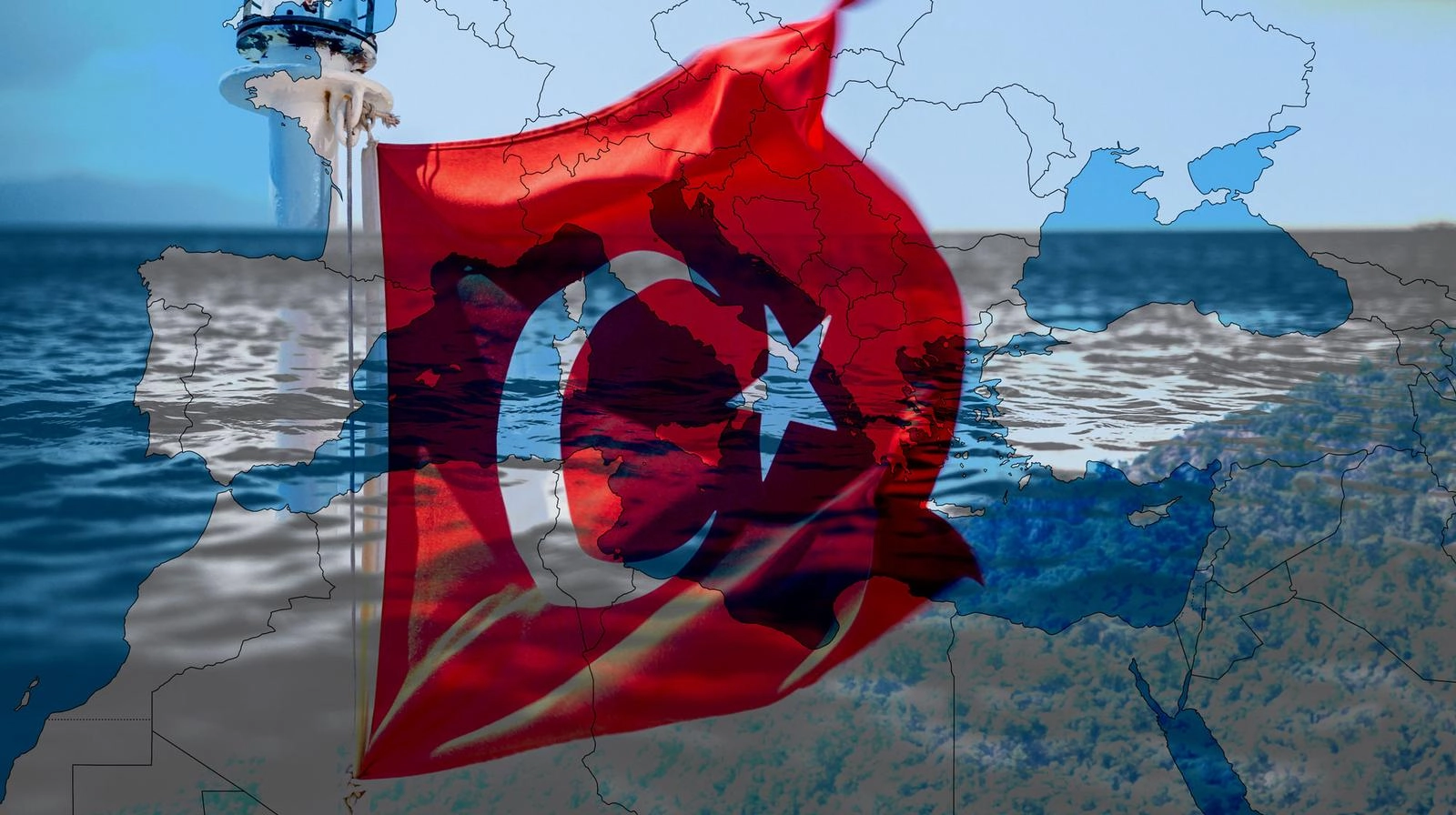Turkey's Path to a Terror-Free Future: Strategies and Challenges
What does it take for a nation to eradicate terrorism? Why is Turkey intensifying its counter-terrorism efforts now? How can a country balance security measures with democratic values? These questions lie at the heart of Turkey's ongoing struggle against terrorism, as outlined by TBMM Speaker Numan Kurtulmuş in a recent address. This article explores Turkey's comprehensive strategy to eliminate terrorism while ensuring national stability and unity.
Turkey's Counter-Terrorism Framework
Turkey has long faced threats from various terrorist organizations, including the PKK, ISIS, and FETÖ. Speaker Kurtulmuş emphasized that a multi-dimensional approach is essential to combat these threats effectively. This includes military operations, intelligence sharing, legal reforms, and socio-economic initiatives in affected regions.
A real-world example of this strategy is Operation Claw-Lock in northern Iraq, where Turkish forces have targeted PKK hideouts while also supporting local communities through infrastructure projects. This dual approach weakens terrorist networks while addressing root causes of radicalization.
Legal and Institutional Reforms
Strengthening Counter-Terror Laws
Turkey has implemented rigorous legal measures to combat terrorism, including amendments to anti-terror laws that allow for faster prosecution of suspects while maintaining judicial oversight. These reforms aim to prevent abuse while ensuring swift justice.
Intelligence Sharing Mechanisms
The National Intelligence Organization (MIT) has enhanced cooperation with international partners, particularly in tracking terrorist financing and foreign fighter movements. The 2016 interception of a Russian arms shipment to Syria demonstrated Turkey's growing intelligence capabilities.
Regional Security Cooperation
Turkey recognizes that terrorism is a transnational threat requiring regional solutions. Kurtulmuş highlighted Turkey's trilateral security mechanism with Azerbaijan and Pakistan as a model for joint counter-terrorism efforts. This cooperation includes intelligence sharing, joint training exercises, and coordinated border security measures.
The success of Operation Peace Spring in northern Syria demonstrated how regional partnerships can create safe zones while preventing terrorist regrouping. However, challenges remain in balancing these operations with humanitarian concerns.
Socio-Economic Approaches to Prevention
Military solutions alone cannot defeat terrorism. Turkey has invested heavily in education programs and economic development in southeastern provinces to counter terrorist recruitment. Vocational training centers and microcredit programs offer alternatives to vulnerable youth.
The PKK's declining recruitment rates in provinces like Şanlıurfa demonstrate the effectiveness of these programs. However, unemployment and poverty remain significant challenges in some areas.
Balancing Security and Democracy
One of Turkey's greatest challenges is maintaining democratic values while implementing robust security measures. Kurtulmuş stressed that counter-terrorism efforts must respect human rights and rule of law to maintain public support.
The government has established oversight mechanisms for security operations and initiated dialogue with civil society organizations. However, critics argue more transparency is needed in terrorism-related cases.
The Road Ahead: Challenges and Opportunities
While Turkey has made significant progress, challenges remain. The evolving nature of terrorist threats, including cyber-terrorism and lone-wolf attacks, requires constant adaptation. International cooperation will be crucial, particularly in addressing terrorist financing networks.
Kurtulmuş's vision offers a comprehensive blueprint, but its success depends on consistent implementation, adequate funding, and maintaining public trust in counter-terrorism institutions.






